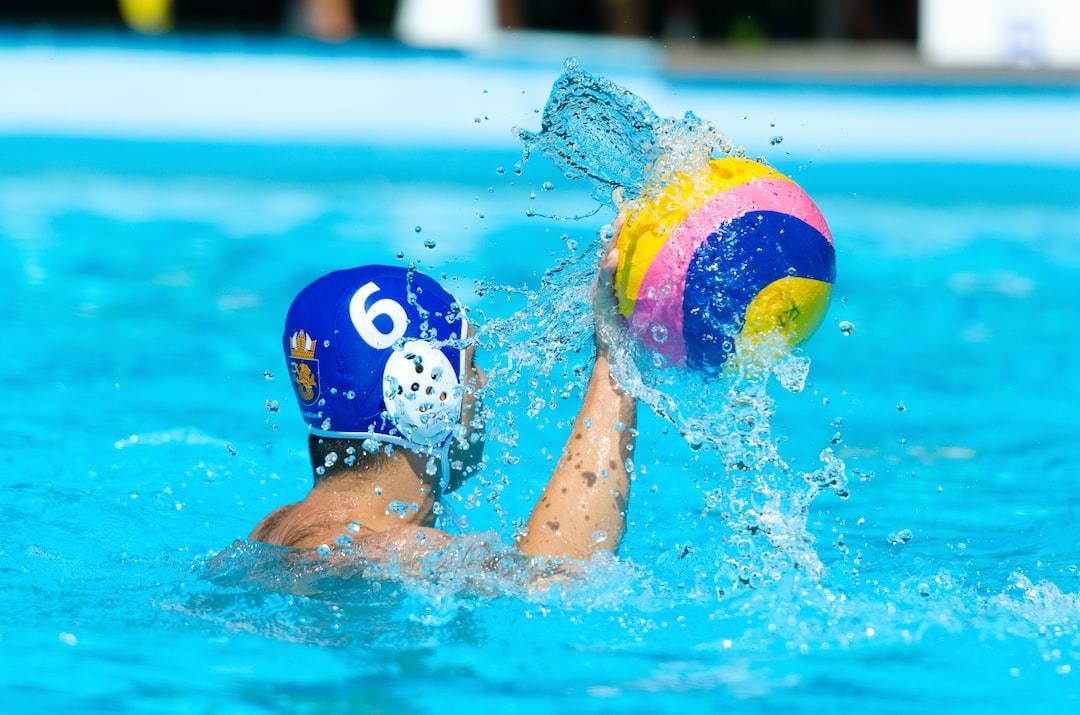Understanding the Science Behind Sports Nutrition
Sports nutrition is a field that blends the principles of exercise science and nutrition to optimize athletic performance. It involves the study and understanding of how nutrition affects an athlete’s body during training, competition, and recovery. By understanding the science behind sports nutrition, athletes can make informed choices about their diet and maximize their overall performance.
One of the fundamental principles of sports nutrition is the concept of energy balance. This refers to the relationship between the amount of energy consumed through food and the amount of energy expended during physical activity. To maintain energy balance, athletes must ensure that they consume enough calories to support their training and competition needs.
The macronutrients, carbohydrates, proteins, and fats, are essential for providing the energy required by athletes. Carbohydrates are the body’s primary source of energy, and they are stored in the muscles and liver as glycogen. Athletes should focus on consuming complex carbohydrates like whole grains, fruits, and vegetables, as they provide sustained energy for longer periods. Proteins are necessary for muscle repair and recovery, and athletes should aim to consume lean sources such as lean meats, fish, poultry, and plant-based proteins. Fats are also a source of energy and should come from healthy sources like nuts, seeds, avocados, and olive oil.
Timing is another important factor in sports nutrition. Athletes should consume their meals and snacks strategically to ensure optimal energy levels during training and competition. Pre-workout meals should consist of easily digestible carbohydrates and a small amount of protein to provide immediate energy. During exercise, athletes should focus on hydration, consuming water and electrolytes to replace fluids lost through sweating. Post-workout, a combination of carbohydrates and proteins is essential to replenish glycogen stores and aid in muscle recovery.
Hydration is critical for overall athletic performance. Proper hydration helps regulate body temperature, transport nutrients, and lubricate joints. Athletes should aim to drink plenty of water throughout the day, especially before, during, and after exercise. The American College of Sports Medicine recommends that athletes drink 17 to 20 ounces of fluid two to three hours before exercise, 7 to 10 ounces of fluid every 10 to 20 minutes during exercise, and an additional 16 to 24 ounces of fluid for every pound of body weight lost during exercise.
Supplements, while not necessary for most athletes, can play a role in meeting specific nutritional needs. However, it’s important to understand that supplements should not be seen as a substitute for a well-balanced diet. Protein powders, for example, can be useful for athletes who struggle to consume enough protein through whole foods, but they should not replace regular meals. It’s crucial to consult a registered dietitian or sports nutritionist before incorporating supplements into one’s diet.
Understanding the science behind sports nutrition also means acknowledging the individual needs and goals of each athlete. No two athletes are the same, and their nutritional requirements may differ based on their sport, body composition, training volume, and intensity. It is beneficial for athletes to work with a qualified sports nutrition professional who can create a personalized nutrition plan that aligns with their specific needs and goals.
In conclusion, understanding the science behind sports nutrition is crucial for optimizing athletic performance. By paying attention to energy balance, macronutrient intake, timing, hydration, and individual needs, athletes can enhance their performance, improve recovery, and reduce the risk of injury. While sports nutrition can be complex, seeking professional guidance from a registered dietitian or sports nutritionist can provide athletes with the expertise needed to fuel their bodies and achieve their goals.

